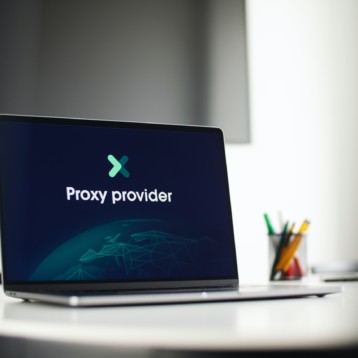
Photo by Soumil Kumar from Pexels
As we all know, over the last few years the cloud has well and truly taken over computing.
Once upon a time, it might have been regarded as a fad. Now, it is being taken completely seriously, with everyone from start-ups to established businesses jumping on the bandwagon.
However, as much as G Cloud 11 and similar services are grabbing the headlines for the right reasons, there are questions to ask before jumping in with both feet.
This is the purpose of today’s article, as we outline some of the key factors to take into account before you take the plunge and migrate to the cloud.
What environments are you going to host in the cloud?
A business might say that they are moving to the cloud, but in most cases, this doesn’t involve migrating each and every one of their systems.
Let’s not forget that on the most part, a whole magnitude of different systems makes up a company’s IT infrastructure. This might be their main database, website database and CRM system to name a few. Then, there are of course the live versions of these systems, right the way to the staging environments.
Well, a decision needs to be made on just how the migration is going to cater to each of these. They have different demands, and you need to assess just how this is going to impact your bottom line if you decide, or don’t decide, to migrate some to the cloud.
Which tier do you require?
When it comes to the cloud, you are offered four tiers. If you opt for a Tier 4 option, you’re in a serious business. This is something that is only designed for the most critical of information; and is housed in state-of-the-art buildings with impeccable security systems. Absolutely everything in these environments has a backup; from the storage system right the way to the HVAC. Suffice to say, this is something that comes at a price.
This price is something that drops as you filter down the tiers. A lot of small businesses tap into a tier one data center, which is more than adequate with over 99.67% uptime.
Who will be managing the system?
Well, there are two options with this next point; a managed or unmanaged system. If you already have an in-house team, it goes without saying that you are probably going to be sticking with this approach and opting for an unmanaged migration (in other words, you don’t need management from a third party). This is the preferred option for a lot of businesses as ultimately, their current employees know all about their IT needs and exactly how their systems run.
Do you need a dedicated or multi-tenant solution?
Most of the time, this final point surrounds cost. If you want your system to be housed completely separately from other organizations, a dedicated system is what you need. Again, this is something that does cost more than the alternative and in truth, is only required if your business hosts confidential information.










